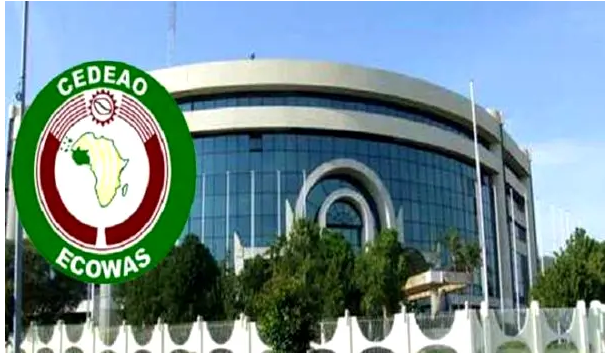The Economic Community of West African States (ECOWAS) has decried the low contribution of Value Added Tax (VAT) to Nigeria’s tax revenue, blaming the development on policy decisions and compliance rate.
Salifou Tiemtore, the ECOWAS director of the customs union and taxation, expressed the concern in Abuja during a workshop on the production production of VAT expenditure for Nigeria, organised by ECOWAS Commission under the context of implementation of support Programme for Tax Transition in West Africa (PATF).
The PATF aimed to improve the management of domestic taxation and ensure better coordination of taxation in the ECOWAS and West African Economic and Monetary Union regions.
Tiemtore commended the Federal Inland Revenue Service for its performance in 2022, with a total tax collection of N10.1tn, with non-oil taxes contributing 59 per cent of the total collection.
He however said the VAT contribution of 25 per cent to the collection was relative, especially when compared with the 2021 tax collections, which had a VAT contribution of 47.1 per cent.
“During the regional seminar in Abidjan on the theme, ‘Management of tax incentives in West Africa and definition of the reference tax system in terms of VAT’, it was recommended that member-states should transmit the tax expenditure evaluation reports to ECOWAS and UEMOA Commissions by the end of March of the year following the year of evaluation,” he said.
“I want to believe that the stakeholders would have put up this report if not for the general elections in Nigeria but now, you have the opportunity.
“I therefore want to encourage all the participants to work assiduously to ensure that this report is not only ready but transmitted to ECOWAS before the end of March, 2023.”
Also speaking at the event, Zainab Ahmed, minister of finance, budget and national planning, regretted that efforts by successive administrations to fund public services, critical infrastructure, security and other programmes have been hampered over the years by revenue challenges.
“Though in the last couple of years, national aggregate tax expenditures have been computed, the challenges remain. The figures remain contentious and existing data constraints limit the ability of the Federal Government to evaluate the budgetary cost of all tax expenditures,” she said.
“In addition, the quest for improvement in revenue generation, transparency and efficient management of public finance has reiterated the need to improve on reporting of TEs by the Federal Government as the first step towards understanding their cost-effectiveness and providing evidence for better policy-making.”





















